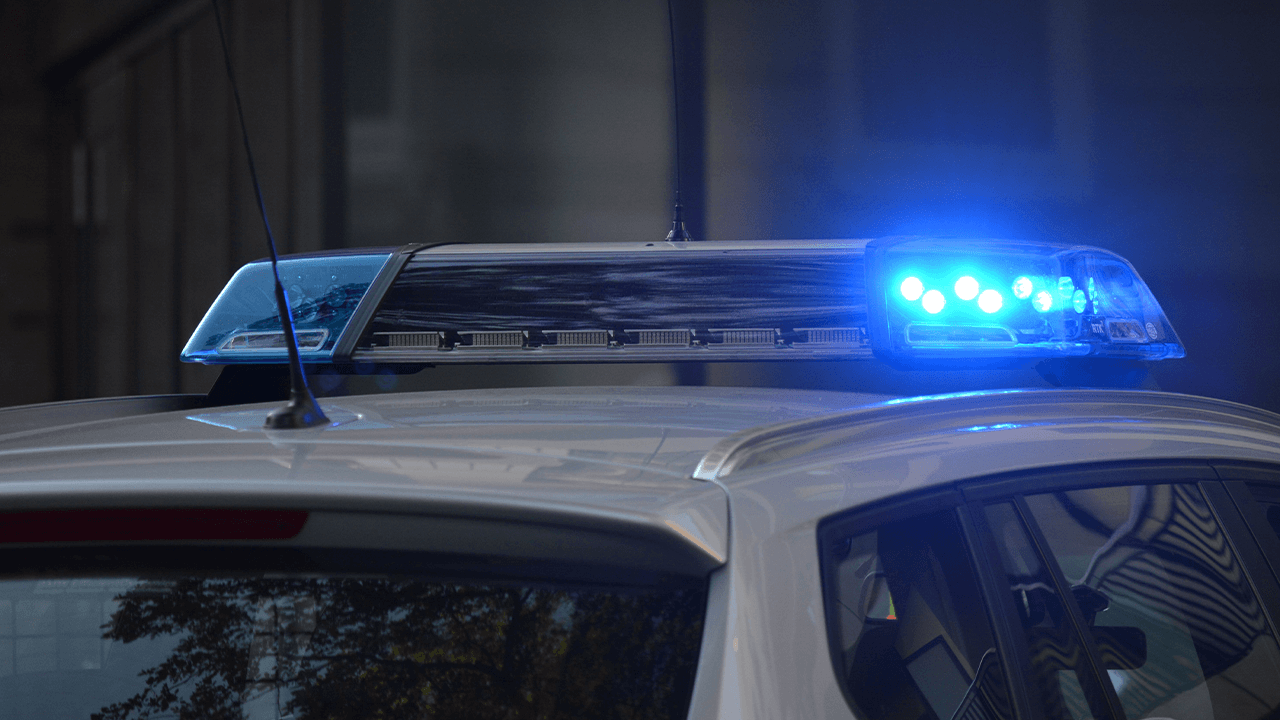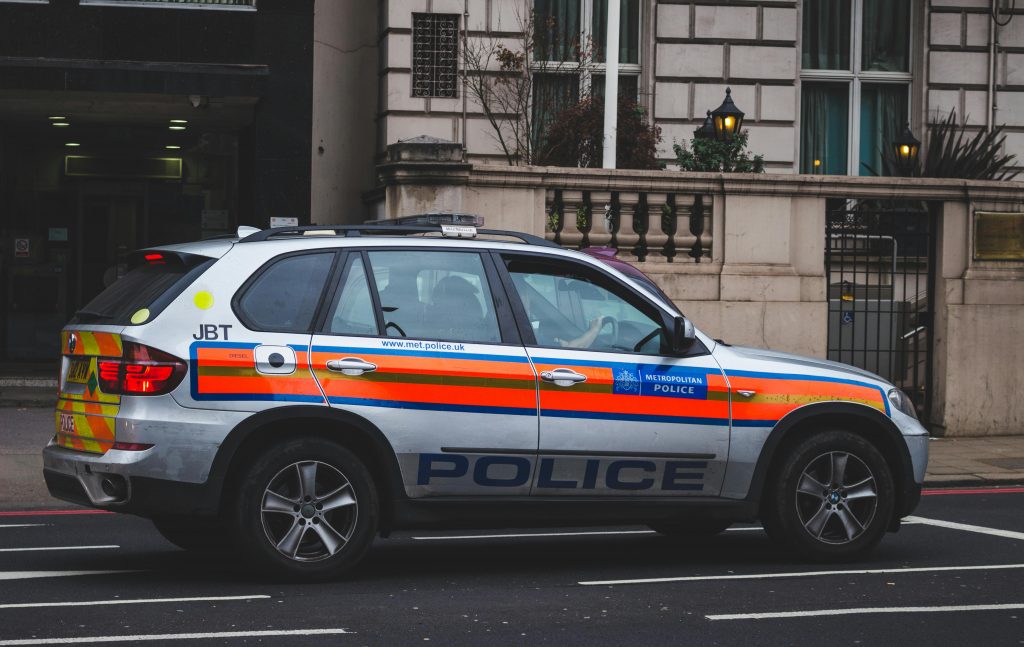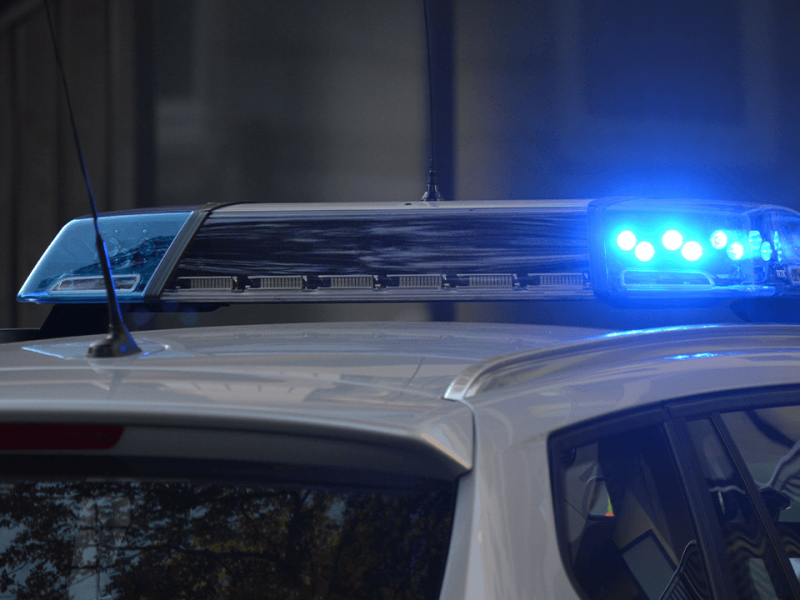
08 Feb DEALING WITH THE POLICE
DEALING WITH THE POLICE
If your child dies due to violence then it is inevitable that you will have to deal with the police, even if the emotional distress caused by your sudden loss may mean that the last thing you want to do at this time is speak with other people, especially strangers.
That’s completely understandable. But it’s important to try and remember that the police are only doing their duty and that they want the same thing as you: to deliver justice on behalf of you and your child, ensuring that the perpetrator or perpetrators answer for their crime. The form of this interaction will vary depending on many different circumstances, so it is impossible to provide a definitive account. However, speaking more generally, the following guidance may help you understand what to expect.
In most cases, whether you are with your child at the time of the crime or otherwise, the first police officers to arrive will be in uniform. They are there to gather information about how the death occurred, which they will then pass on to their supervisors and the Coroner’s Office, which investigates all sudden, violent, or unexplained deaths.
In my experience, being at the crime scene, I found that the police seemed to take a while to respond and to arrive, but then again, I was in deep despair and my sense of time was most likely distorted. During such distress minutes can easily seem like hours and vice versa.
You will be introduced to a specially trained police officer, in the UK known as a ‘Family Liaison Officer’ (FLO), who has two main roles. One, to serve as a contact between you and the investigation team, keeping you informed about the investigation as it progresses, and two, to gather information about your loved one as part of the investigation. In my case, when the police attended a young female officer was assigned to look after me. I was barely aware of her as I sat on the stairs shaking and crying but she tried her best, offering to make me a drink with sugared water (which I believe is supposed to help with shock). She did, however, make the mistake of saying to me at one point that “It will be alright” which, while meant to be comforting, was insensitive as it felt like the loss of my children was being minimised.
A further part of a FLO’s job is to refer you to an agency that can provide emotional support during this difficult time, if you think that would be of help. This is often a good thing to do as this agency can also provide further resources, guidance, and referrals to associated services that may be of use during the investigation, such as connecting you with a Witness Service or, further down the line, Grief Counselling In any case, to help the investigation as much as possible, try to share as much relevant information as you can about your child, their activities and their connections. This can feel painful and intrusive but as mentioned above, try to keep in mind that the police are on your side.
It was later on, when I’d calmed down, that I realised that the policewoman assigned to me was not only there to provide support but also to observe me. I was, after all, a suspect in the crime until proven otherwise. Realising this actually helped me appreciate that the police were doing their job well. I wasn’t offended; I wanted them to look at all options to make sure that nothing was missed and that it would help bring the perpetrator to justice. It didn’t matter that I knew that I was innocent, and that I knew who was responsible. The police couldn’t, and shouldn’t, take my word for it.

Making a Witness Statement
If you have been witness to the crime, as in my case, then you may be asked to make a witness statement. The police will try to arrange a convenient time and place for you to provide your statement, which could for instance be at the police station or your home.
I had to give my statement the day after losing my children. It was extremely difficult, but the police understandably wanted it when the details were still fresh in my mind. I actually found it to be a relief of sorts, as I wanted to get it out of the way as soon as possible. Also, I too wanted to ensure the information I provided was perfect, being very much aware that my statement would be used in court. You can learn more about the legal procedure in the article What To Expect During A Court Case.
In my case, the process was both draining and frustrating, with the police officer conducting the interview being remarkably inept at using a computer. This meant I had to pause after every few words to wait for the officer to catch up with his typing. Statements, however, can sometimes be video recorded and, if not, then hopefully you will be interviewed by someone with better touch-typing skills. After this had concluded, I only had intermittent contact with the detective in charge of the case. You will find this as well, only interacting with the police either when they have any further questions, or they have an update to provide. Typically, you’ll also be given a contact number in case you have any questions or concerns.
I have to praise my police liaison, Warrant Officer Brian Oosthuizen of the South African Police Service. He helped me so much that I cannot express enough my thanks. Sadly, he passed away during the Covid pandemic and both his family and the wider community mourned a great loss.
The key thing as the investigation proceeds is to try and have patience, trusting in the expertise of the police and their determination to see justice served. While the process is out of your hands, you can help by always being as open and truthful as possible
KEY TAKEAWAYS
- Recognise that the police are there to help you find justice for you and your child.
- Expect to be introduced to a specially trained officer, known as a Family Liaison Officer (FLO). The FLO serves as a crucial link between you and the investigation team.
- Be open to emotional support and referrals to agencies providing assistance during this difficult time.
- Despite the emotional difficulty, share relevant information about your child, their activities, and connections. Understand that this may be intrusive, but cooperating with the police is essential for a thorough investigation.
- If you were a witness to the crime, be prepared to provide a witness statement. Be aware that your statement may be crucial in court, and try to cooperate even if the process is emotionally challenging.
- As the investigation progresses, maintain patience and trust in the expertise of the police. Recognise that your interaction with them might be intermittent, primarily occurring when there are further questions or updates.



